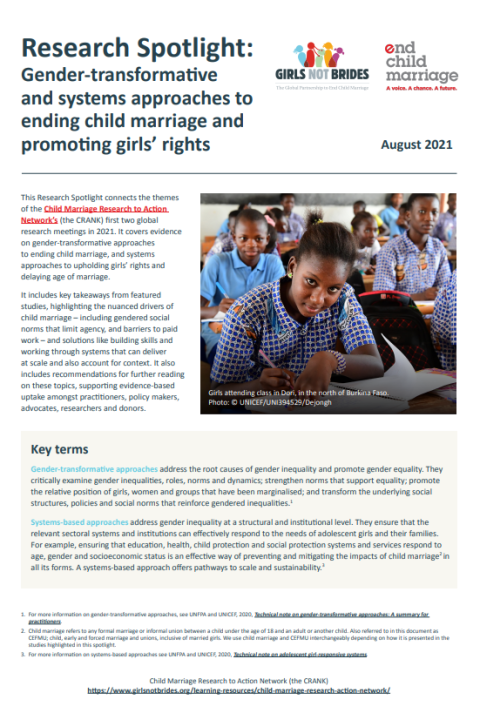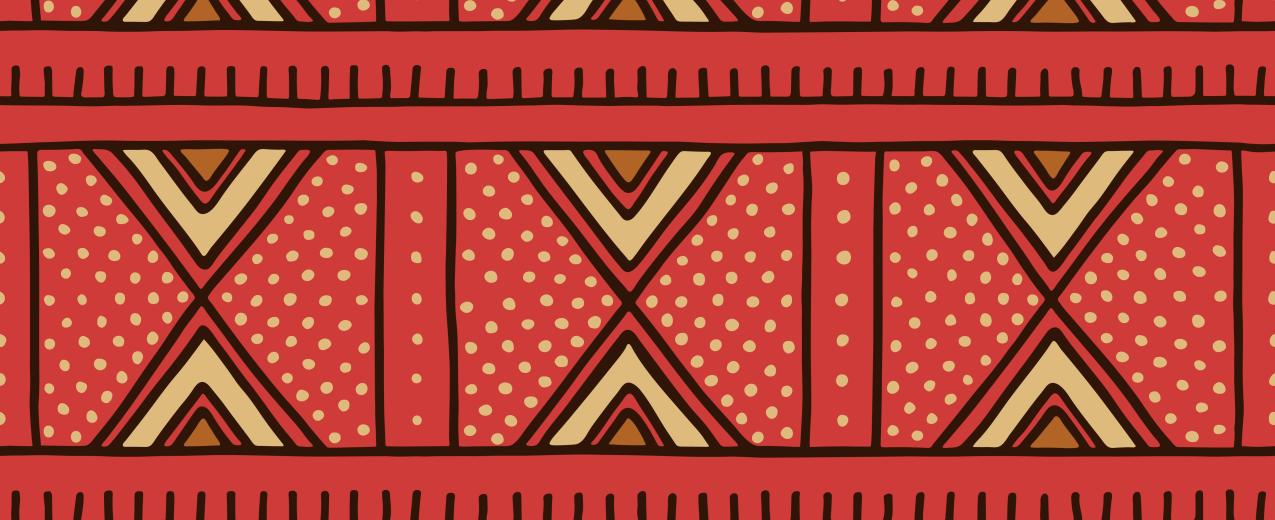
- Report
- 3 March 2023
Project to end FGM/C and child marriage in Mali
- Author: Carmen Leon-Himmelstine, Aatif Somji, Emma Samman, Fiona Samuels, Jenny Rivett, Anneke Newman, Heiner Salomon, Aisse Diarra, Julia Lehmann, Baboye Bocoum
- Published by: ODI Global
Led by ODI, in partnership with Plan International Mali, and funded by UNICEF Mali through the EU-UN Spotlight Initiative, this project aims to contribute to the elimination of Female Genital Mutilation/Cutting (FGM/C) and child marriage in Mali and beyond.
FGM/C and child marriage both constitute acts of gender-based violence and negatively affect the rights and development of girls and women. 650 million females alive today were married before the age of 18, with a further 12 million more facing the same fate each year. Over 200 million girls and women have undergone FGM/C, and every year 4 million more are at risk of being cut.
The rate of progress for reducing the number of child marriages and the number of girls and women who are cut has been painfully slow respite large investments in programmes to combat it. As a consequence, ODI, together with UNICEF, have conducted this in-depth, multipronged, research focusing on Mali - a country where 89% of girls and women are cut and where there has only been a 2% decrease in the last two decades.
This research, presented through a literature review, situation analysis report, baseline report, and toolkit, aims to address some of the core questions relating to how support for child marriage and FGM/C can be reduced.
- Countries / Regions:
- Mali
Related resources
Briefing paper
5 November 2025
Published by: ODI Global, ALIGN
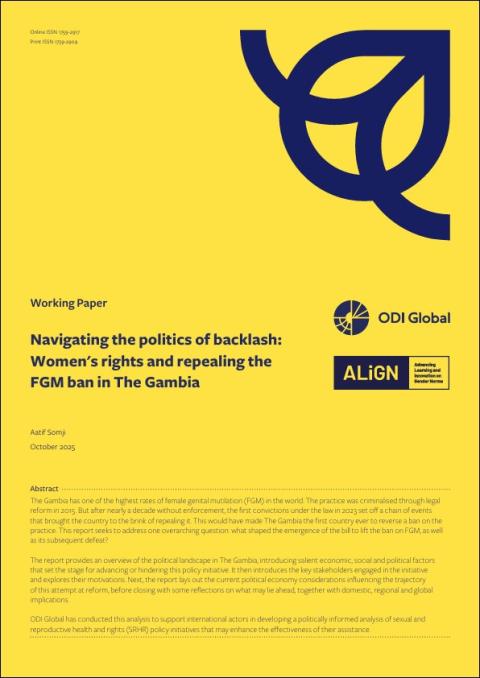
Journal article
26 July 2024
Published by: PLOS one
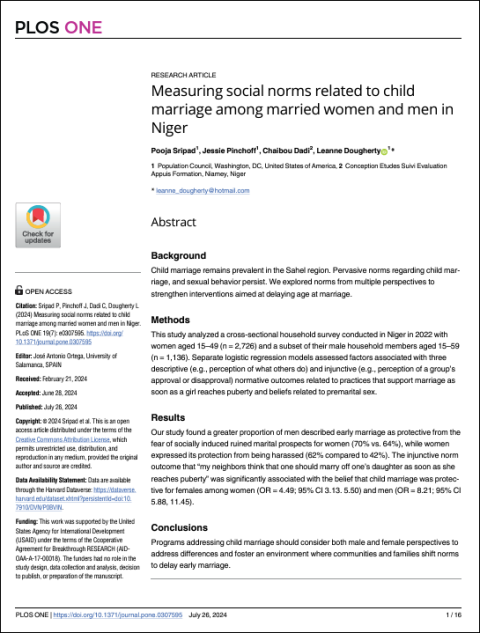
Report
8 May 2024
Published by: UNICEF
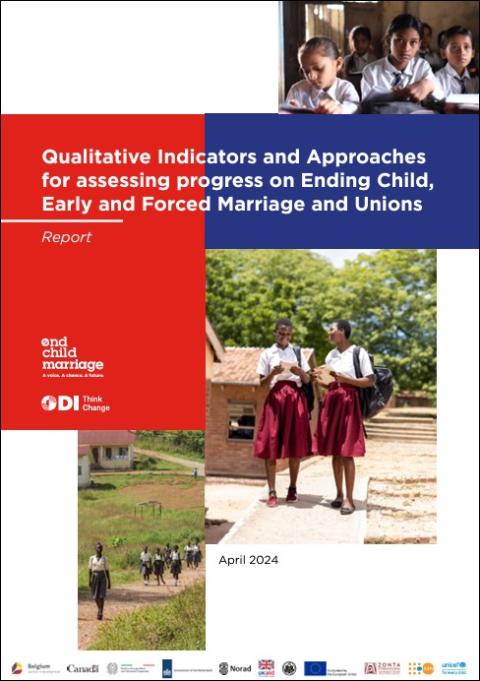
Report
22 February 2024
Published by: ODI Global
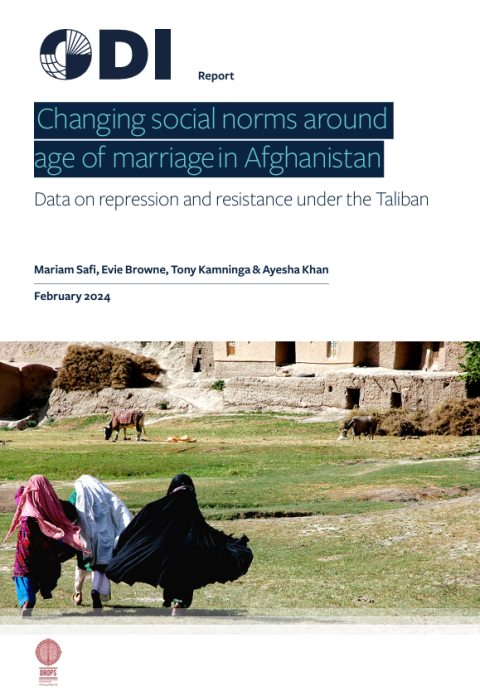
Toolkit
16 May 2023
Published by: Girls Not Brides
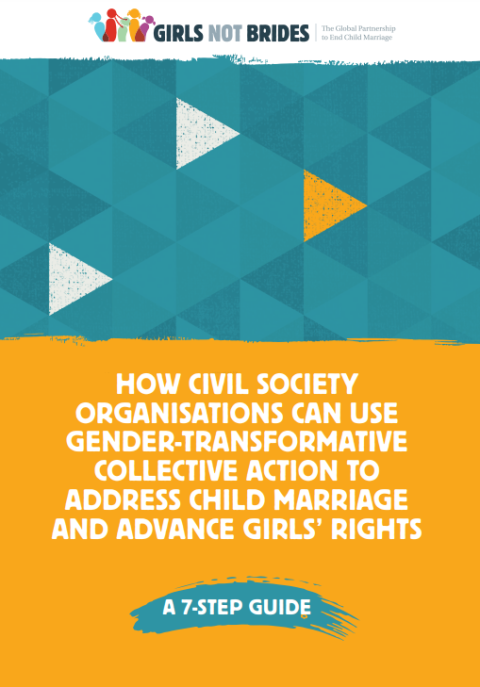
Briefing paper
8 February 2023
Published by: Girls Not Brides
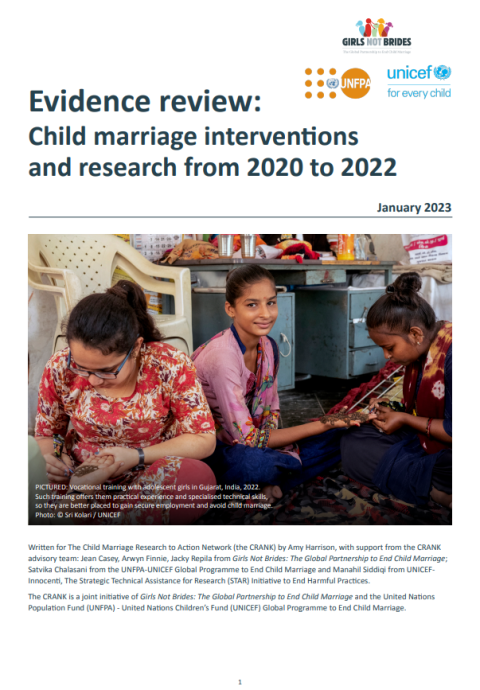
Briefing paper
1 November 2022
Published by: Care, Tipping Point
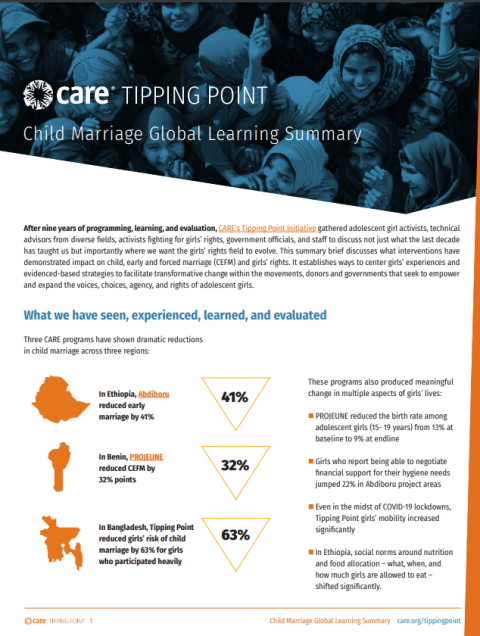
Briefing paper
1 October 2022
Published by: UNICEF
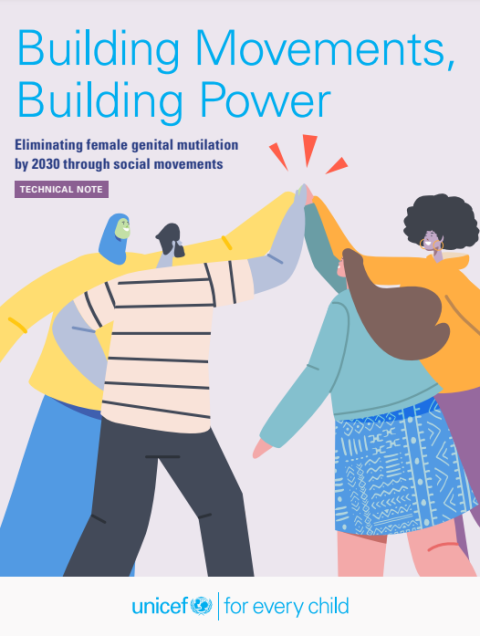
Briefing paper
6 April 2022
Published by: Girls Not Brides
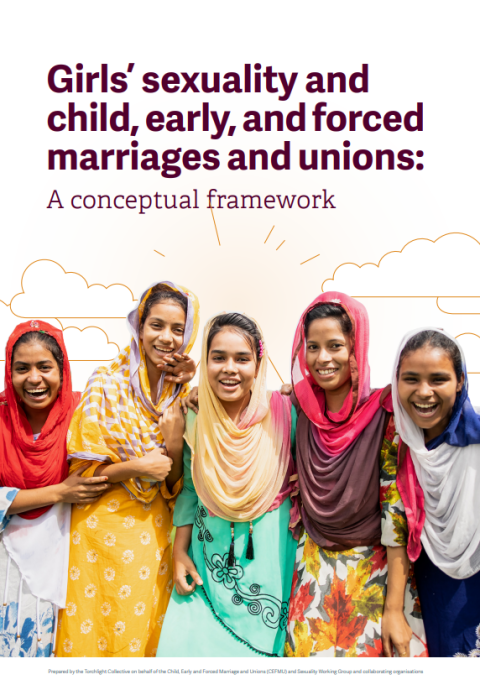
Briefing paper
31 January 2022
Published by: Girls Not Brides
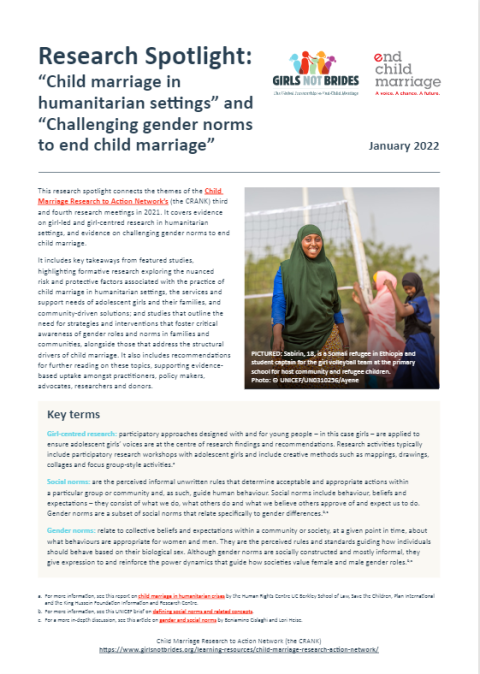
Case study
1 January 2022
Published by: Care
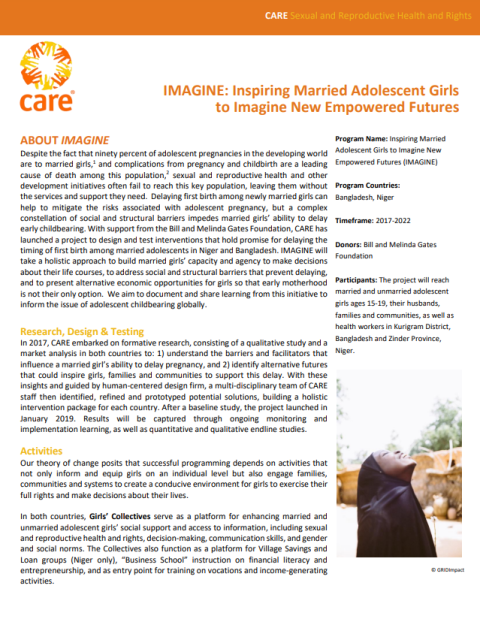
Briefing paper
1 August 2021
Published by: Girls Not Brides, End Child Marriage
